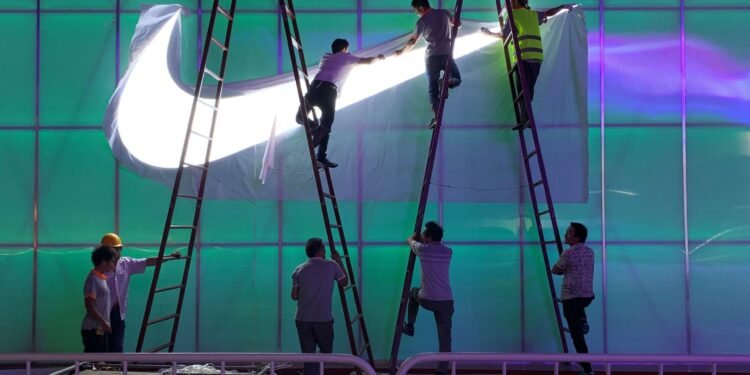From Apple to Nvidia, United States tech companies have received a temporary exemption from President Donald Trump’s sky-high tariffs. For other businesses, the damage imposed by existing levies on Chinese exports may prove fatal.
While Trump stepped back from the edge for most countries – announcing a 90-day pause on the bulk of his “reciprocal” tariffs on Wednesday – he doubled down on China, eventually increasing import taxes on its goods to 145 percent.
Trump has pitched his protectionist agenda as essential for reviving US industry. However, many US firms have grown used to cheap imports from China. For many of them, prices will rise and profits will fall.
Beijing has also responded to Trump’s moves with retaliatory tariffs of its own, now at 125 percent. US exports to China, and agricultural products in particular, will be hit badly by China’s blanket levy.
Here is the state of trade ties between the world’s two largest economies and the US companies that could be worst affected:
Despite growing tensions between the US and China, Washington and Beijing remain major trading partners.
According to data from the Office of the US Trade Representative, the total goods trade between the US and China stood at $582.4bn in 2024. After Canada and Mexico, China is America’s third largest trading partner.
US imports from China totalled $438.9bn while its exports the other way tallied in at $143.5bn. The upshot is that the US trade deficit with China was $295.4bn last year, bigger than for any other country.
On Friday, China’s Ministry of Commerce said it was increasing tariffs on US goods from 84 percent to 125 percent, reiterating that Beijing would “fight to the end” shortly after Washington raised US duties on Chinese imports to 145 percent.









 United Arab Emirates Dirham Exchange Rate
United Arab Emirates Dirham Exchange Rate

